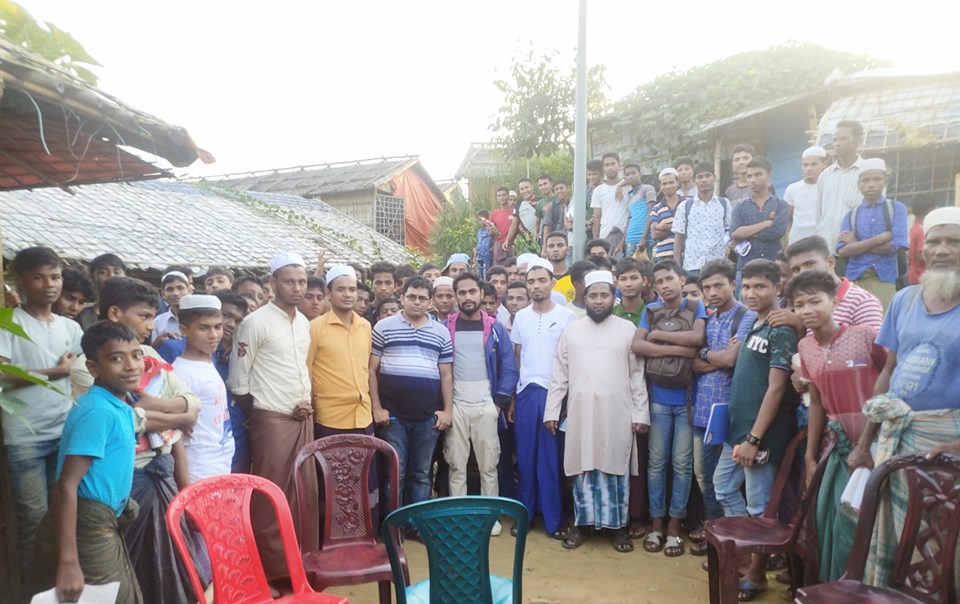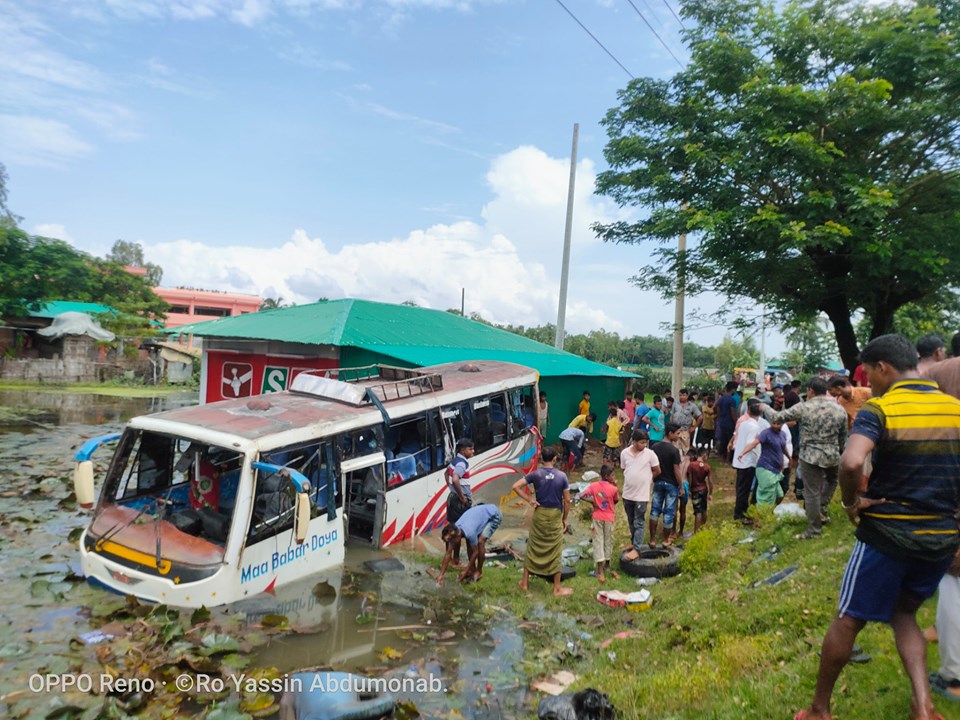
“A People of Nowhere.”
By AdministratorTwo years ago, Myanmar’s military launched a violent crackdown against the Muslim Rohingya population.
Last week, local regulators compounded the Rohingya's sense of isolation by ordering a halt to all cellphone service in the area of their camps.
Imagine that your own government has burned your villages into the ground, attempted to kill you, and forced 750,000 of your people to flee for their lives. Imagine the country you fled to trying to send you back. Imagine the tension and dread you would feel with your phone service cut off, with no way to contact those important to you. This is the experience of the Rohingya refugee population currently languishing in Bangladesh.
Our contact in Bangladesh has reported that the blackout is stoking worry as relatives are not able contact one another between camps, in Myanmar, or abroad.
"The Rohingya are now a people of nowhere," the Washington Post recently wrote. "They shouldn’t be abandoned."
As human beings, we're predisposed to care most about people closer to home, who look most like us and whose plight we can most easily imagine.
Unfortunately, this means that while we've seen an exciting response to our fundraisers for disasters like Hurricane Dorian and the US immigration crisis, our fundraising goals for Rohingya aid have been much more difficult to reach. We now face the unpleasant reality that Rohingya needs have taken a back seat to U.S.-based appeals.
We will not give up on the Rohingya. Despite the challenges, we will continue to support the refugees through this appeal. However, our ability to do so depends on the response of humanists in the next few weeks.
 Our beneficiary for this crisis is ActionAid USA, chosen for their ability to respond to monsoon-related floods in the Bangladesh camps. The monsoons may be over, but the refugees there still face immense challenges from the disaster, including a devastated water and sewer infrastructure. ActionAid's work also includes workshops intended to curb abuse and exploitation of Rohingya women, to make them less vulnerable during the next emergency.
Our beneficiary for this crisis is ActionAid USA, chosen for their ability to respond to monsoon-related floods in the Bangladesh camps. The monsoons may be over, but the refugees there still face immense challenges from the disaster, including a devastated water and sewer infrastructure. ActionAid's work also includes workshops intended to curb abuse and exploitation of Rohingya women, to make them less vulnerable during the next emergency.
We hope you will not abandon the Rohingya either. If you are able, please help us keep this fundraiser open, and give the Rohingya the resources they need to rebuild.
![]()
Thank you for helping build a more compassionate, equitable, and inclusive world.
*The Humanist Disaster Recovery program is sustained through a partnership between Foundation Beyond Belief and the American Humanist Association (AHA). We thank AHA for their generous support of our efforts.
Photos courtesty of Ro Yassin Abdumonab
